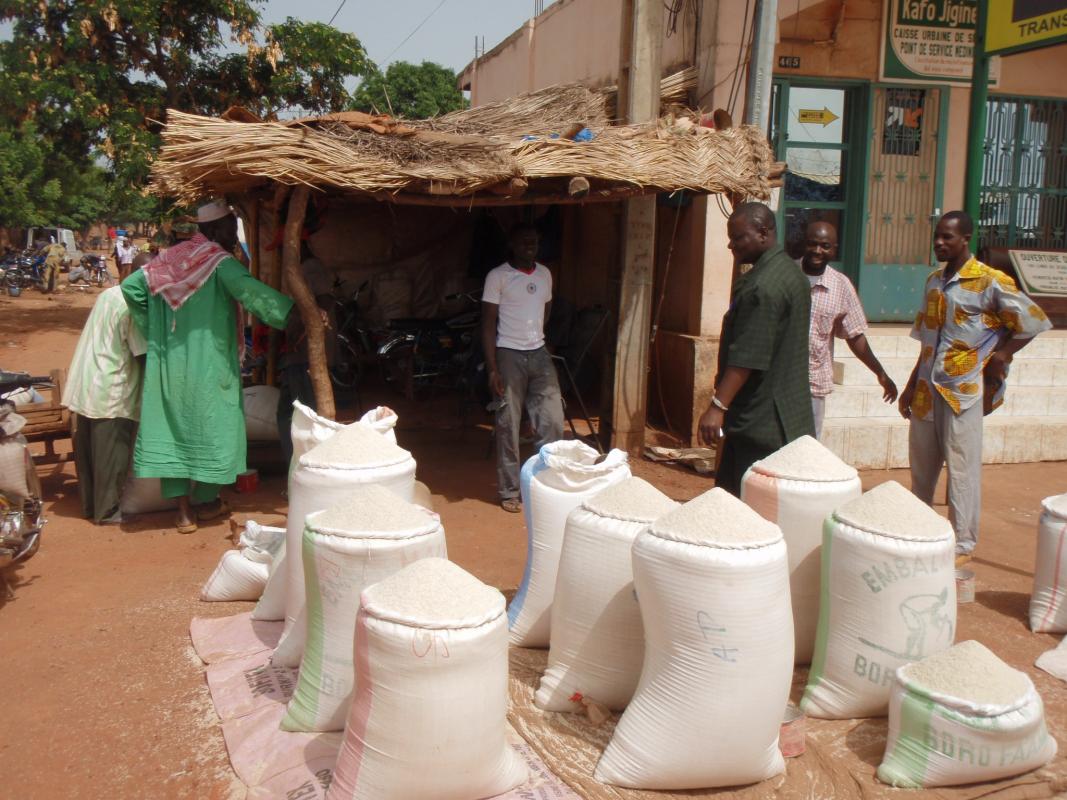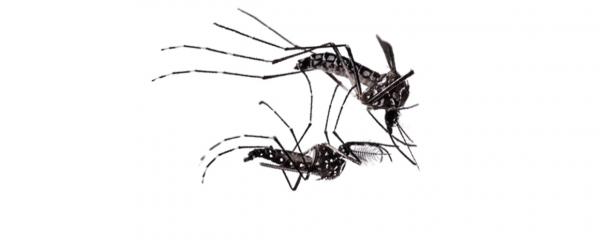Results & impact 2 April 2024
- Home
- Press area
- Press releases
- impact Covid-19 crisis on rice value chains West Africa
Covid-19 and food security | Limiting the impact of the crisis on rice value chains in West Africa

Supporting the resilience and modernization of rice supply chains in West Africa by making it easier for processors to access credit is one of the main recommendations made by researchers from IRRI, AfricaRice and CIRAD © P. Mendez del Villar, CIRAD
Rice value chains in West Africa: a wide range of situations
Since the early 2000s, West Africa imports around half of its rice consumption. This figure nevertheless hides a wide range of situations: some countries such as Mali are almost self-sufficient, while others such as Niger import more than three quarters of their rice.
“The deficit is growing because rice consumption is increasing under the triple effect of population growth, urbanization, and rapid changes in West African diets ”, says Patricio Mendez del Villar, an economist at CIRAD and specialist in international markets and rice value chains.
In reaction to the 2008 world food price crisis, several West African governments, supported by international organizations, had redefined policies aimed at upgrading domestic rice value chains. This upgrading is characterized by investments in large rice hulling units and the establishment of coordination mechanisms between actors in the value chain (for example contracts), in order to provide high-quality rice.
“We found that upgrading of value chains is more dynamic in countries with high rice production and imports and with more pronounced urban consumer preferences for imported rice such as Nigeria and Senegal. This suggests that large import bills also generate important market opportunities for private sector investors if they manage to upgrade local rice quality to import standards. However, investment in rice processing requires availability of sufficient supplies of paddy rice ”, says Matty Demont, senior economist and CGIAR Programme Flagship Leader at IRRI.
Traditional value chains supply 99% of local rice
In spite of these upgrading policies, traditional value chains still provide 99% of local rice in West Africa. These traditional value chains are made up of farmers, millers, and traders who have little capital, manage small quantities of products, and supply rice of varying quality.
“Traditional value chains dominate local supplies because of the uncertain and restrictive contexts in which they operate. Upgrading local value chains is thus a real challenge in terms of vertical coordination, technology, finance, and policies ”, says Guillaume Soullier, a specialist in rice value chains at CIRAD.
Both traditional and upgraded value chains could be seriously affected by the COVID-19 pandemic. The researchers propose several options to mitigate these impacts in their article in Global Food Security .
Limiting the impact of Covid-19 on local value chains
Movement restrictions, price volatility, and the general perceived uncertainty in the context of the Covid-19 crisis are likely to cause supply problems for rice millers. This could particularly affect modern mills, which need high volumes of paddy to recover investment costs. Furthermore, Covid-19 could also increase private financial institutions’ reluctance to provide loans.
According to the scientists, the policy responses aimed at mitigating the effects of Covid-19 on domestic rice value chains need to take into consideration the diversity of rice sectors in West Africa. While some policies can be implemented by all countries, others should be tailored to the specificities of each country.
In the short term, supporting the resilience of value chains
The scientists advocate short-term measures to address the obstacles to access to inputs facing actors in the value chains.
These include, for instance, providing millers with interest-free loans and simplifying the administrative procedures for access to credit. Such measures would help millers to maintain their activity, in particular by supporting paddy production. These loans should be conditional upon acceptable purchasing and marketing prices. Another example is that governments could secure procurement of key inputs for producers, such as seed and fertilizers.
In the medium and long term, supporting value chain upgrading
Medium- and long-term measures should focus on supporting the upgrading of value chains. These options include policies aimed at creating an enabling environment for domestic and foreign direct investment.
“For instance, governments can set up special credit lines for investors, develop regulatory frameworks for contract farming, and continue to develop rural infrastructure. Support should also be provided to enhance the use of rice by-products, the quality of rice-based diets, and the nutrient content of rice ”, says Aminou Arouna, Programme leader for policy and specialist in impact assessment at AfricaRice.
These options will now be brought to the attention of policymakers in West Africa.
References
- Policy Options for Mitigating Impacts of COVID-19 on Domestic Rice Value Chains and Food Security in West Africa. Global Food Security 26
- The State of Rice Value Chain Upgrading in West Africa. Global Food Security 25


























